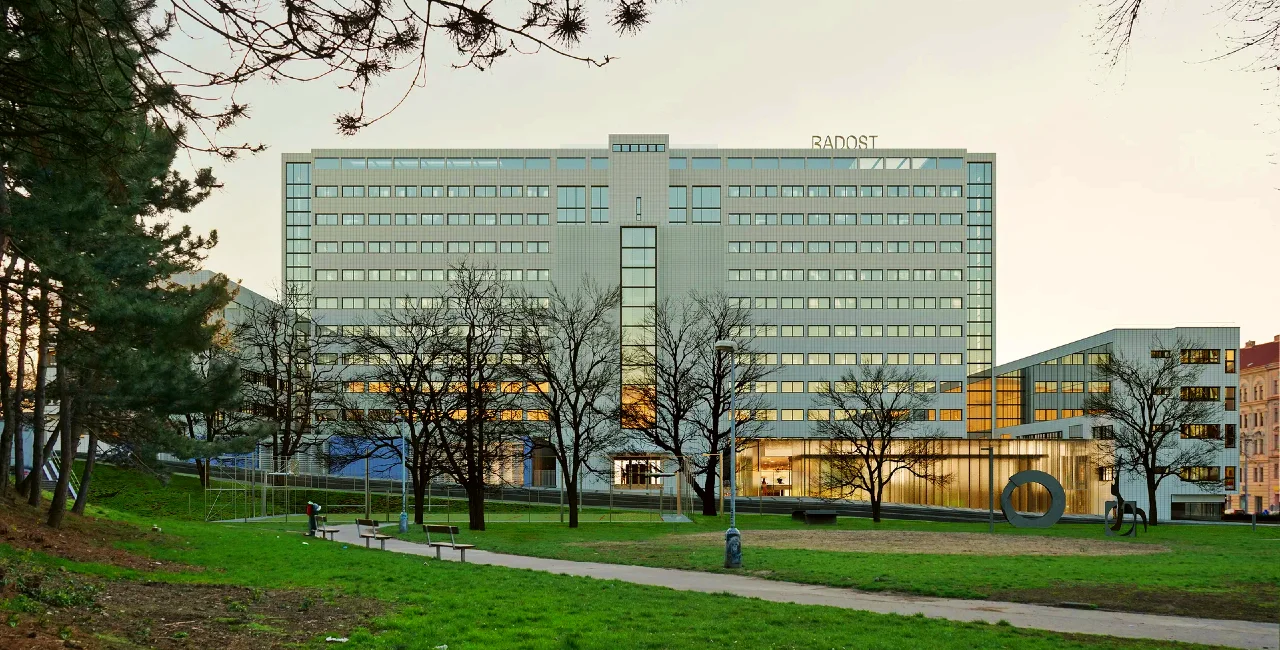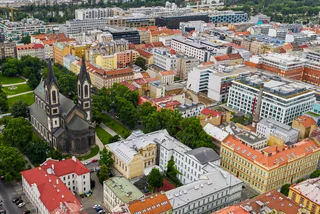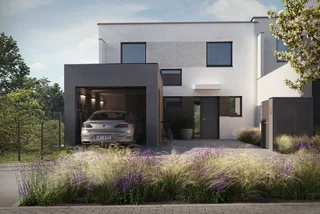A significant transformation is underway in the Czech capital’s real estate market. Developers and property owners face mounting pressure to modernize office buildings to meet EU environmental standards and shifting corporate demands. Paired with the increasing trend of remote working, this is leading to offices being converted into apartments.
According to a study by consulting firm Cushman & Wakefield, 47 percent of Prague’s office buildings are outdated and no longer fit for proper use. The need for structural modernization is driven by several factors, including the EU’s directive requiring all new and existing buildings to achieve climate neutrality by 2050.
PARTNER ARTICLE
“Buildings that fail to modernize risk becoming obsolete and unrentable,” Radka Novak, head of Cushman & Wakefield’s office leasing team, told Czech media outlet Novinky.cz.
The shift to hybrid work models, accelerated by the Covid-19 pandemic, is massively reshaping the market. With more employees working remotely, companies are downsizing their office footprints, leaving many buildings underutilized—or even closed.
A survey conducted last year by recruitment firm Devire found that remote work is becoming one of the most important factors for job seekers and employees in Czechia. Most workers prefer a hybrid model, with 36 percent favoring three remote days per week, while four remote days ranked as the second-most popular choice.
In Prague, developers are beginning to explore converting older office buildings into residential spaces. A prominent example is the Dům Radost project in Žižkov, formerly the headquarters of trade unions. The building’s owner, the Val family, plans to create 600 small rental apartments.
“Our vision is to make this building an open space for all people, aligning with the architects’ original intent,” said Tomáš Kašpar, director of Dům Radost.
Other developers are considering similar projects. YIT, for instance, is exploring the possibility of converting the Kuta Centrum complex in Prague 4, which it acquired last year. Meanwhile, developers J&T Real Estate and Penta Real Estate have announced plans to shift some new developments from office space to residential units. The now-unused Žižkov Freight Station will also partly be converted into housing.
While still in its infancy in Prague, the conversion of office buildings into housing is already a significant trend globally. In Madrid, more than 300,000 square meters of office space have been repurposed into apartments or hotels over the past four years.
However, not all buildings are suitable for such transformations. “Some properties have layouts that make conversion impractical, while others would be prohibitively expensive to modify,” Novak noted.












 Reading time: 2 minutes
Reading time: 2 minutes 

























